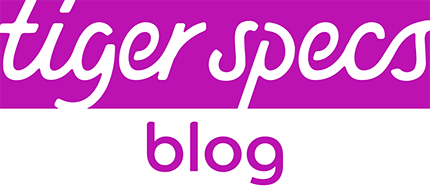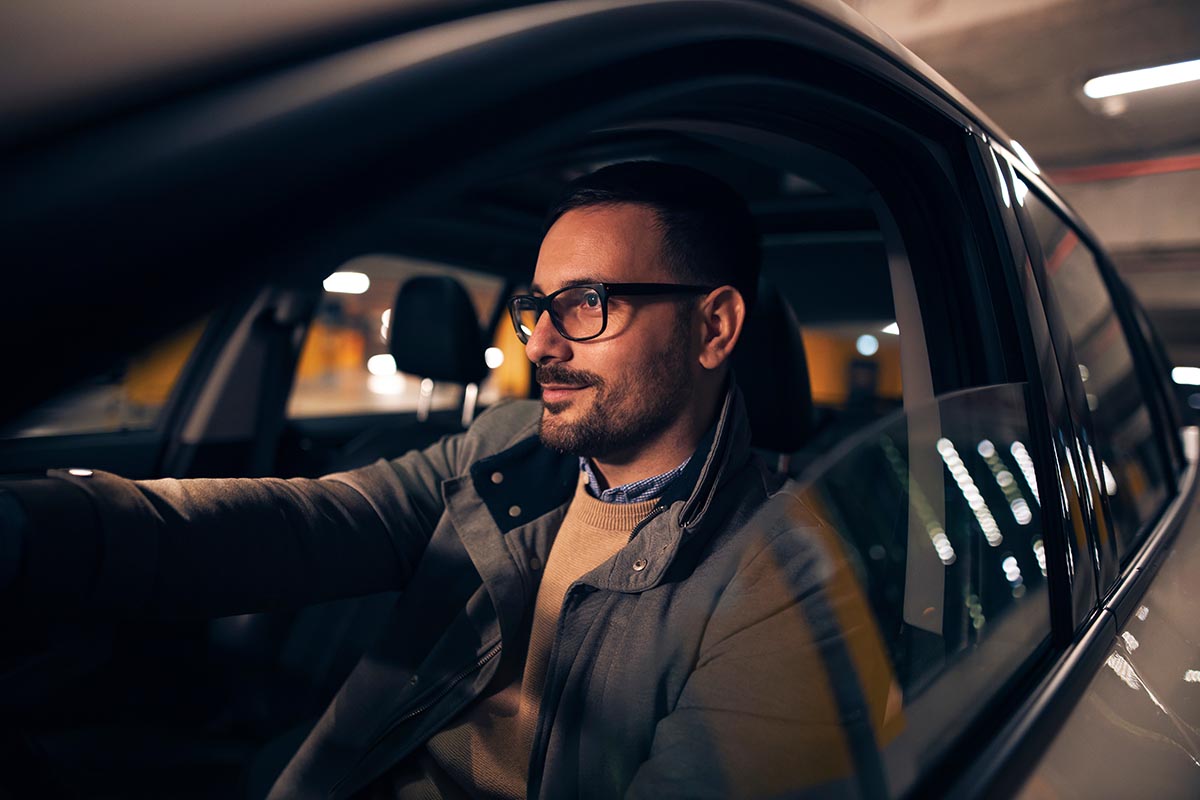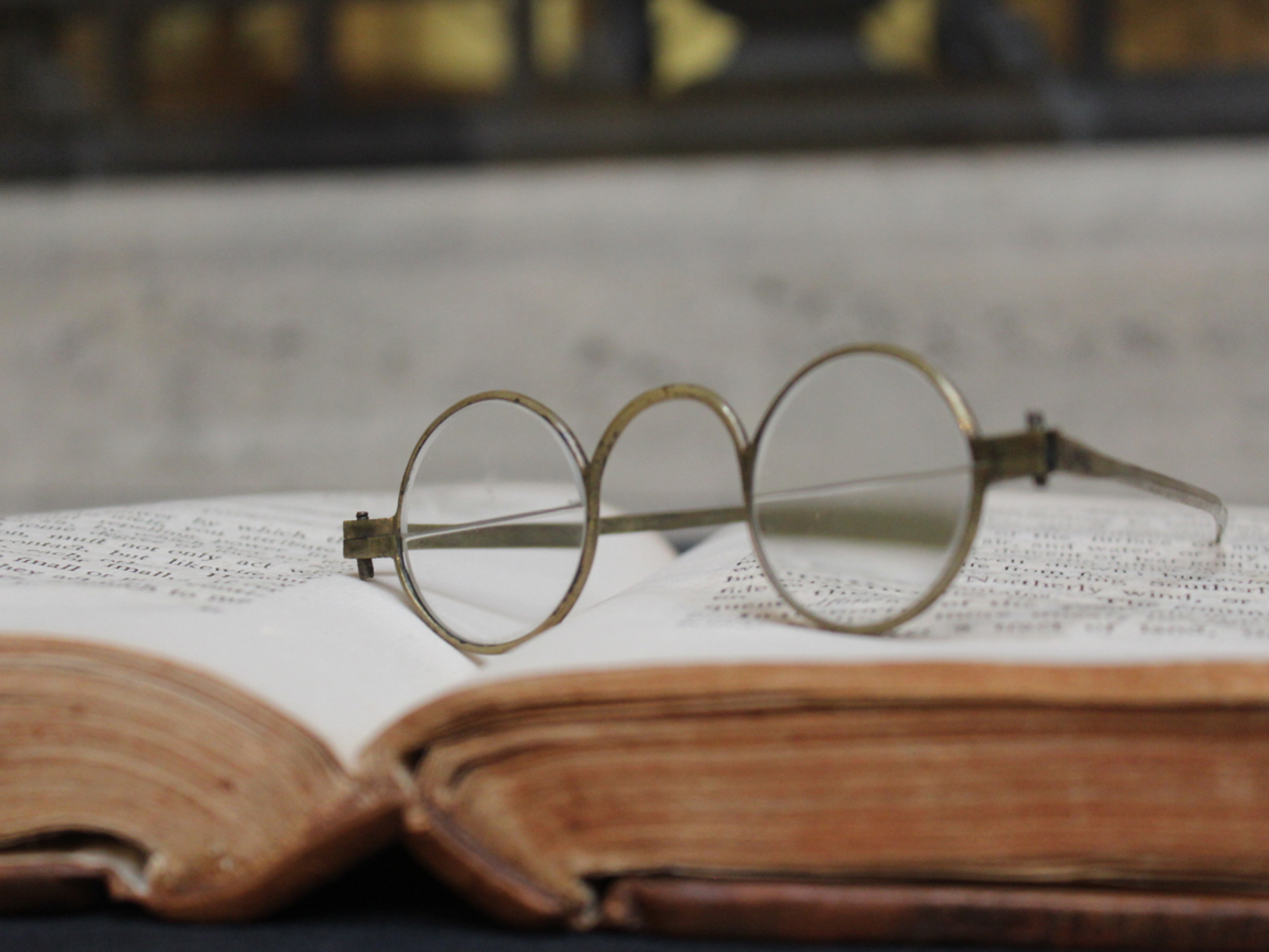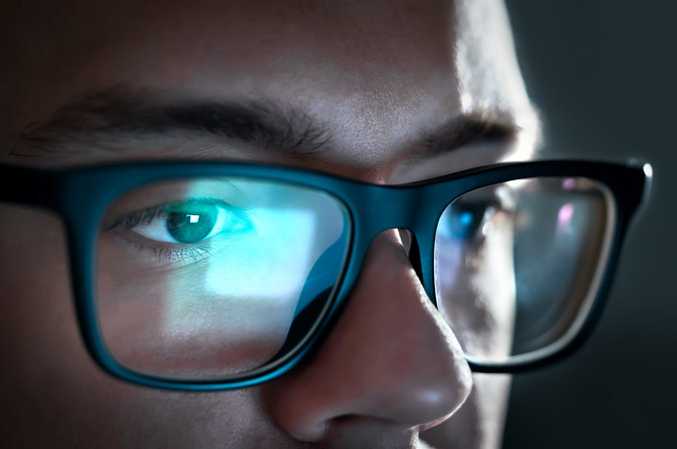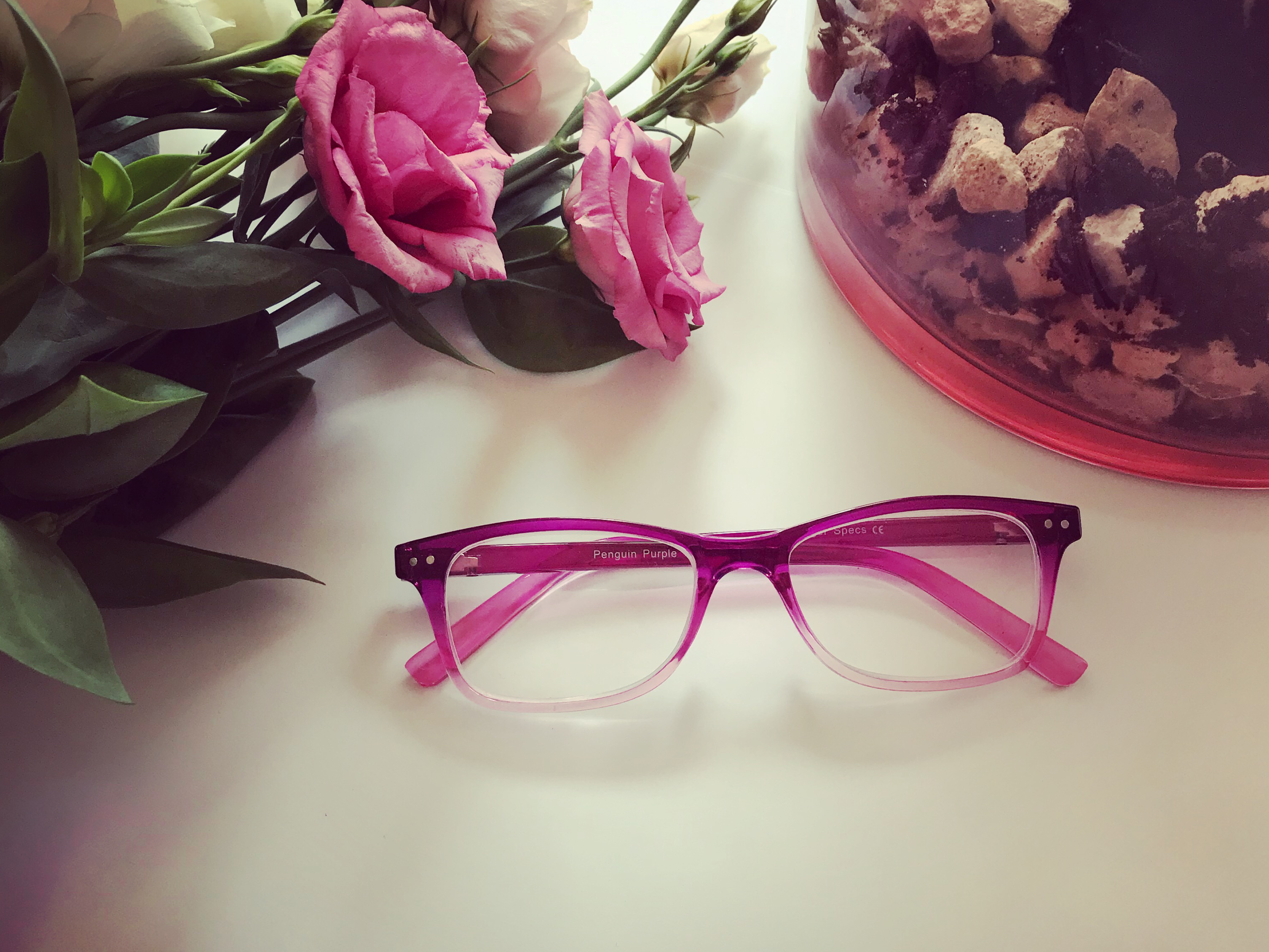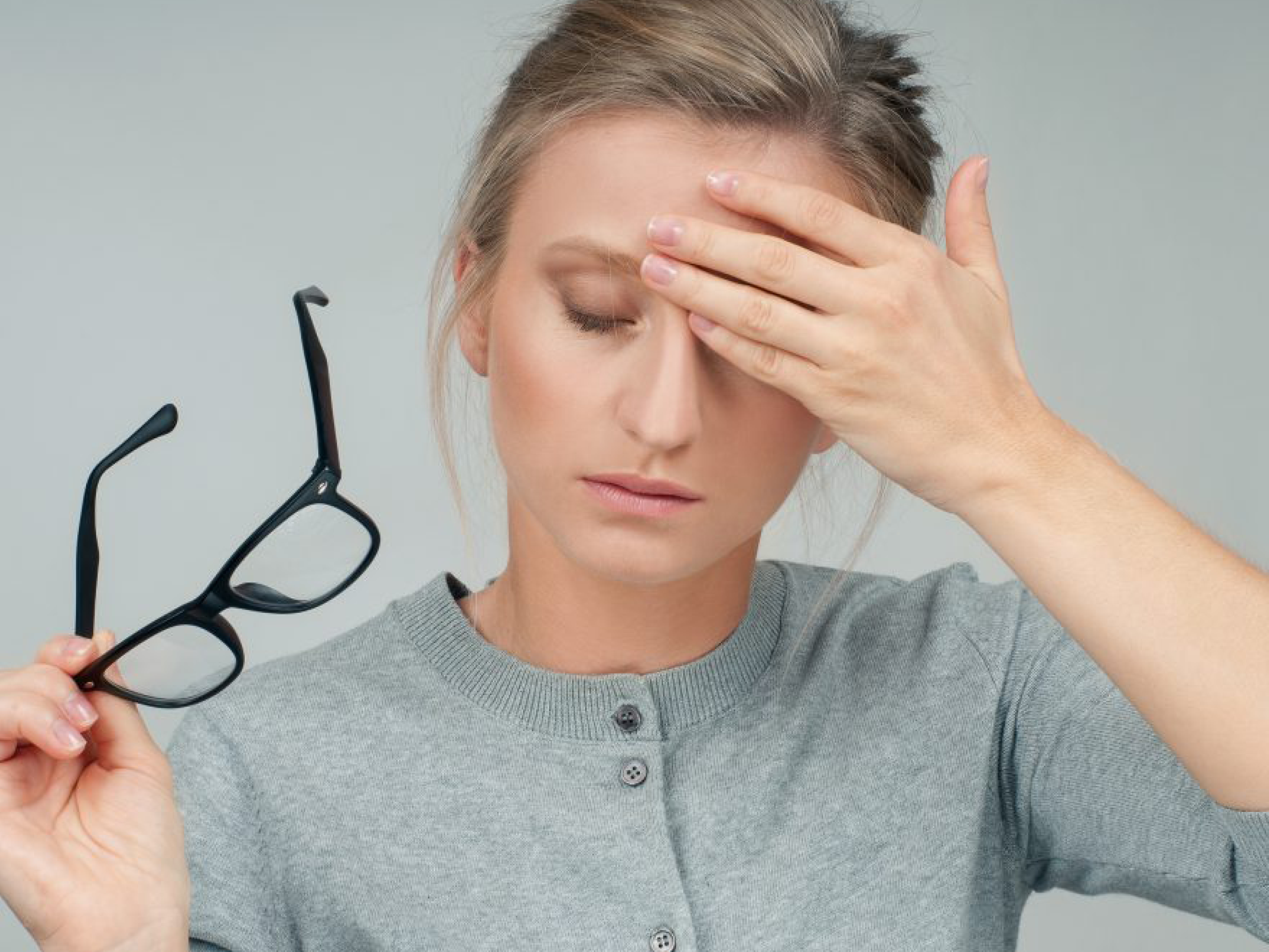None of us particularly enjoy that long night time drive. It’s easy to get tired, hard to focus on road signs and the lack of light puts extra strain on our eyes. Not to mention the glare from oncoming traffic. For safe driving at all times you need clear and sharp vision. At Tiger Specs we have an easy and cost effective solution, our range of both practical and stylish Night Driving Glasses. Using specially designed yellow tinted and polarised lenses, these specs will help you keep focused. They also…
Category: Eye Health
Driving glasses for night time driving
At Tigerspecs, we have driving glasses for night time driving in various styles for men and women. Here are a few of our favourites. When it comes to night-time driving, having the right eyewear can make all the difference in ensuring your safety and comfort on the road. We understand the importance of clear vision and reduced glare during night-time journeys, which is why we’re excited to introduce our selection of night driving glasses. Designed for both men and women, these glasses combine style, functionality, and superiorprotection. In this blog,…
The Ultimate Guide to Reading Glasses Strength
This blog post from Tiger Specs explains reading glasses strength and the causes of age-related vision deterioration in detail. In this post, we provide the essential answers to the important question of “what strength reading glasses do i need?” Having read this post you will be able to: Assess the strength of your current reading glasses Gauge the extent that your vision has deteriorated Choose the right strength reading glasses for your condition Find out how Tiger Specs will assist you with making the right choices Read on for the…
Blue Light Reading Glasses – Infographic
What is blue light and why is it harmful? 1. Blue light is part of the visible light spectrum: AKA what the human eye can see. It has the shortest wavelength and the highest energy. The most significant source of blue light is sunlight. 2. There are some benefits of blue light including increased alertness, as well as helping to improve your memory and cognitive function. Prolonged exposure to artificial blue light is thought to be harmful. 3. Continued exposure to artificial blue light is thought to damage retinal cells…
The Main Uses for Bifocals…
Many of you may have seen that we stock and sell bifocal reading glasses and reading sunglasses, however you may be wondering exactly what these type of glasses are and how they may help you. Within this blog post we will hopefully explain everything you need to know about bifocal lenses, their history and origins, the different types and their uses, as well as pros and cons of this particular lens. Bifocals are lenses with two separate distinct optical powers. Simply put they are one lens bonded to another. The main part…
Blue Light Blocking Glasses…Here’s What We Know…
What exactly are Blue Light Glasses? How may we all benefit from wearing them? We hear you ask… “I’d heard of Blue Light Blocking Glasses before: they were yellow, ugly and not worth the laughter I would get from both roommates and fellow workers if I wore them regularly.” Gina Tomaine recently wrote in ‘Good House Keeping’ Magazine. Firstly… What is Blue Light? What we see – the visible spectrum of light – consists of a range of colours, from blue-violet on the lower end to red on the higher end. Light on…
What is the difference between polarised sunglasses and UV400 sunglasses?
Why should we wear sunglasses? What are UV rays? Ultraviolet radiation is a type of light that is not visible to the human eye, and is part of the rays that reach us from the sun. Excessive exposure to UV Rays can result in the front surface of the eye becoming damaged, much like sunburn on the skin. Without proper precautions, these rays can also have harmful cumulative effects that may develop over time. Too much exposure to UV rays may result in one or more of the following eye…
Are Reading Glasses Helpful or Harmful?
We could have been fortunate enough in our early years not to require glasses. Then when we reach over 40 we start to develop what the opticians call presbyopic eyes: this means the lens in your eyes loses some flexibility. As a result it becomes harder to focus on close objects. Small print can seem blurred or even indecipherable. It may therefore be more difficult to do close work such as sewing or drawing as well as reading either printed text or on a screen. The quick and most cost…
The Importance of Half Strengths and Lens Quality
Costing as little as £1 it is easy to see the appeal of over the counter reading glasses, especially as we get older our sight invariably deteriorates, but everyone is unique and we all have different requirements for glasses. Some find they may need glasses early on in life to help with driving or working at the computer, whereas others will find it more difficult to read the small print, but how do you know if you need reading glasses? As we get older we can develop an age related condition called Presbyopia…
